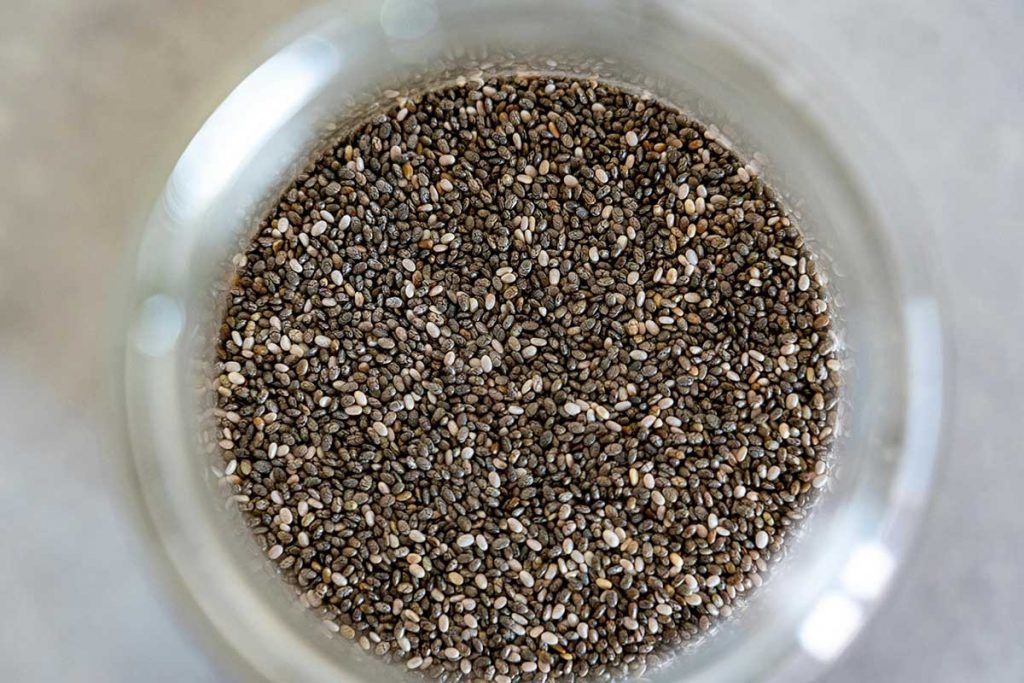How to Increase Dopamine Levels Naturally?

©️ Wepik
You know that thing that makes us buy stuff we don’t need, play video games, or scroll endlessly on TikTok? That’s dopamine. Although nowadays it is mostly talked about in the context of the drive to pursue rewarding activities, the “feel good” neurotransmitter plays a multifaceted role in neurological and physiological functions. And the good news is, you can increase dopamine levels naturally. Let’s explore it in more detail!
A Practical Example
Anticipating the arrival of a handwritten letter can trigger the release of dopamine in the brain, establishing connections between the act of checking the mailbox and the pleasure of receiving personal messages. The tangible nature of the letter, with its unique handwriting and personal touch, contributes to the sensory experience. As one opens the envelope and reads the heartfelt words, the brain continues to release dopamine, reinforcing the positive association with the act of communication.
However, if the expected letter fails to arrive, it can lead to an increase in dopamine levels. This disappointment may impact one’s mood, creating a sense of longing and a desire for the anticipated reward. In this case, the emotional satisfaction of connecting with a friend through the letter. The cycle of anticipation, reward, and potential disappointment mirrors the intricate interplay of neurotransmitters in the brain, influencing both emotions and behaviors.
Dopamines’ Role and Function
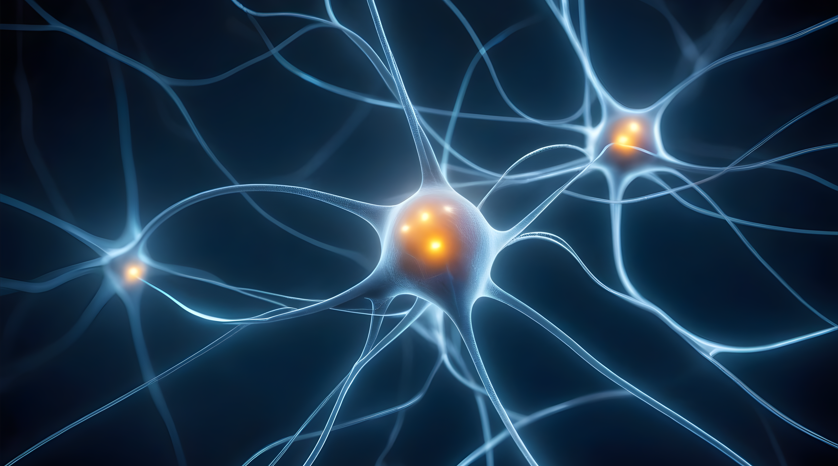
Dopamine is produced in the brain and adrenal glands and serves as a crucial chemical messenger between neurons in the brain. It is primarily linked to pleasure, reward, and reinforcement.
Behaviors deemed beneficial by your brain trigger the release of dopamine, creating associations with pleasure. These small bursts of dopamine reinforce the behavior, making you more likely to repeat it.
The brain cells responsible for dopamine release determine what behaviors are pleasurable, and in a healthy brain, dopamine release is self-regulating, an automatic process beyond conscious control.
Contrary to the concept of a “dopamine fast,” avoiding overstimulating activities doesn’t actually decrease dopamine. Short-term abstinence from electronic devices can have benefits, such as improved sleep, but it doesn’t deplete dopamine stores.
Beyond its pleasure-related function, dopamine influences numerous bodily functions, including memory and focus, mood and emotions, motor control, pleasure and reward-seeking behavior, sleep, stress response, and so many others. It’s important to note that dopamine collaborates with other neurotransmitters and hormones, such as serotonin and adrenaline. This contributes to overall physical and psychological well-being. Various environmental factors influence the increased levels of dopamine.
In simpler terms, dopamine motivates us by creating a sense of reward, whether it’s triggered by enjoying food, engaging in pleasurable activities, or even anticipating something enjoyable. It forms a cycle of motivation, reward, and reinforcement. This is why dopamine takes the blame for influencing behaviors like overeating or drug addiction. Low dopamine levels can affect learning, making it more likely for individuals to give up when faced with challenges.
Moreover, dopamine is essential for regulating motor control and executive functions, prompting us to initiate actions and aiding in planning and prioritizing tasks. Diseases like Parkinson’s, characterized by involuntary movements, highlight the impact of low dopamine levels.

Low vs. High Levels of Dopamine
Imbalances in dopamine levels link to mental health conditions such as depression, schizophrenia, and psychosis. Having too much dopamine can lead to aggression and impulsivity. This is associated with ADHD and addiction. Conversely, low dopamine levels can result in decreased motivation, feelings of tiredness, and physical symptoms like muscle stiffness in conditions such as Parkinson’s disease.
How you might feel with the right balance of dopamine includes happiness, motivation, alertness, and focus. On the other hand, low dopamine levels may make you feel tired, unmotivated, and unhappy. It can be accompanied by symptoms like memory loss and sleep problems. High dopamine levels can induce euphoria and increased energy, but may also lead to issues like trouble sleeping and poor impulse control.
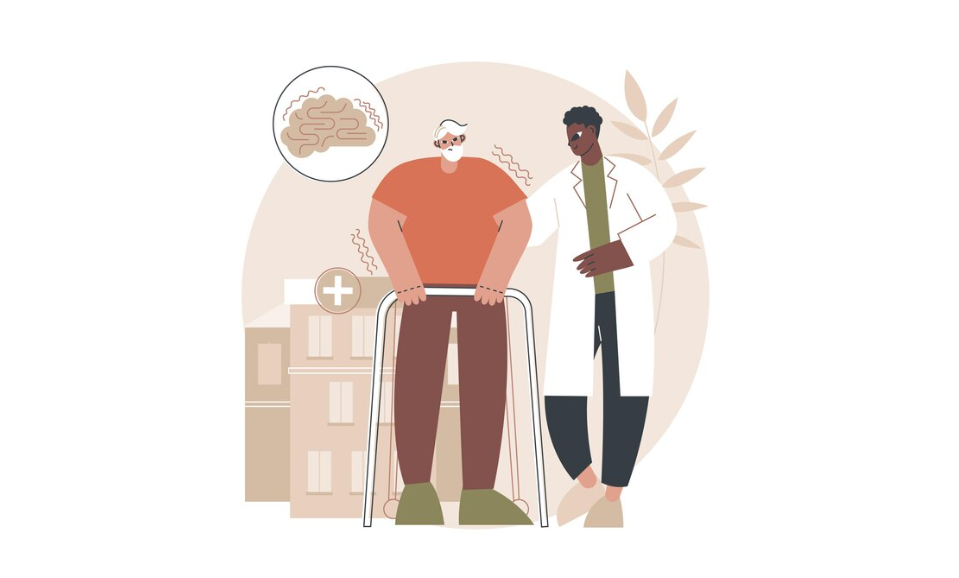
According to Harvard Health Publishing, dopamine doesn’t directly cause feelings of pleasure but rather creates a sense of wanting. It contributes to alertness, focus, motivation, and happiness. Factors triggering dopamine release include learning, planning, and productivity.
Detecting a dopamine deficiency may involve recognizing reduced alertness, difficulty concentrating, decreased motivation, poor coordination, and movement difficulties. Conditions associated with low dopamine levels include Parkinson’s disease and depression.
Excess dopamine can lead to temporary euphoria but may contribute to mania, hallucinations, and delusions. Excessive dopamine levels cause or contribute to obesity, addiction, and schizophrenia.
How to Increase Dopamine Levels Naturally?
There are natural ways to boost or balance dopamine levels without medication. Nutrition is crucial, with certain foods and amino acids, linked to improved dopamine production. Dopamine-boosting strategies may include making lifestyle changes, adjusting your diet, taking supplements, or using medications.
Lifestyle and Diet Changes
1. Physical activity
Regular exercise, such as walking, swimming, or cycling, can help mood improvement and potential dopamine levels increase. While the optimal exercise parameters for maximum dopamine benefits require further study, the known positive effects of physical activity on mental well-being are clear.
2. Dietary adjustments
Consuming foods rich in the amino acid l-tyrosine and phenylalanine, like chicken, beef, eggs, beans, and dairy, may aid in increased dopamine levels. Natural sources of dopamine, such as bananas, avocados, plantains, peas, eggplants, citrus fruits, and tomatoes, can also contribute. Maintaining a balanced diet is key, as both extremely high and low intake of these amino acids can affect dopamine levels.
The gut-brain connection reveals that certain gut bacteria can influence dopamine production. According to Health Line, probiotics show promise in reducing anxiety and depression symptoms, though more research is needed.
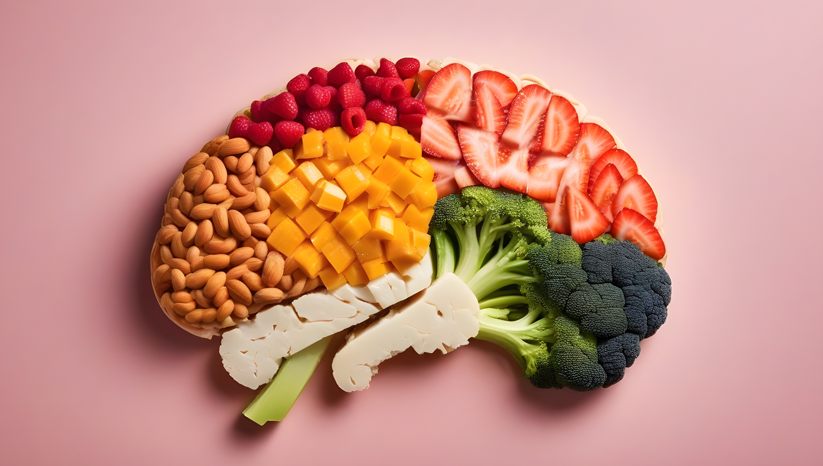
Levopoda is a substance that is needed for dopamine to be produced. It is prescribed as medication to individuals with Parkinson’s disease. Velvet beans are especially known to be rich in levodopa. Therefore, they can naturally increase dopamine levels. Animal studies suggest that the levodopa in velvet beans may also have potential antidepressant effects. However, caution is recommended due to potential toxicity. It’s advisable to consult healthcare professionals before making any dietary changes.

Saturated fats, found in animal fat and butter, may impact dopamine signaling, possibly through inflammation. The relationship between dietary fats and dopamine introduces interesting possibilities for future research.
3. Get enough sleep
Adequate sleep is essential. Lower dopamine activity and potential negative effects on brain function have been linked to sleep deprivation. When the brain releases dopamine, it induces feelings of alertness and wakefulness. According to Healthline, research suggests that substantial dopamine release occurs in the morning, signaling the time to wake up, while natural declines in dopamine levels happen in the evening to facilitate sleep.
Disruptions in these natural rhythms are observed with insufficient sleep. Establishing consistent and high-quality sleep patterns can contribute to maintaining balanced dopamine levels, promoting increased alertness and optimal functioning throughout the day.
Improving sleep hygiene involves adhering to a regular sleep schedule, minimizing noise in the bedroom, avoiding evening caffeine consumption, and reserving the bed exclusively for sleep.
4. Listen to music
Various studies on both humans and animals indicate that listening to music can stimulate dopamine release in the brain. Research has also identified the potential of music therapy as an alternative treatment or supportive approach for individuals dealing with mood disorders such as depression or neurodiversity conditions like attention deficit hyperactivity disorder (ADHD).
5. Meditate
Meditation refers to techniques promoting mind and body integration for calming the mind and enhancing well-being. It centers on maintaining internal focus and paying attention to the present without passing judgment. Some methods involve focusing on sensations like breathing, sound, visual images, or mantras (repeated words/phrases). It is known to reduce stress and anxiety, and other health benefits.
In a groundbreaking study, researchers used PET scans to observe dopamine release during Yoga Nidra meditation, known for reducing the desire for action. The study aimed to see if dopamine increases when executive control diminishes during meditation. Results showed a 65% increase in dopamine release during meditation, suggesting that being in a meditative state reduces the brain’s readiness for action. In other words, it makes us calm and reflective, considering our next moves thoroughly.
6. Get enough sunlight

Reduced exposure to sunlight has been linked to lower levels of mood-boosting neurotransmitters, including dopamine, according to Healthline. A study in 2012 found that people who had more exposure to sunshine had significantly greater availability of dopamine receptors compared to those with less sunshine exposure. This difference remained even after considering factors like age, sex, and smoking status. So, more sunshine seems to be linked with more available dopamine receptors in the brain. And more dopamine receptors indicate more flow of dopamine.
Supplements
1. Vitamin D3
Some studies suggest that vitamin D3 supplementation may increase dopamine levels. However, more research is needed to understand its impact on well-being and focus.
2. Psychobiotics
Probiotics and prebiotics, particularly certain bacterial species like Bacillus, may influence dopamine production in the gut. This presents a potential avenue for mental health treatment.
According to Healthline, it’s crucial to note that research on these supplements is in the early stages, and their effectiveness in treating dopamine-related medical conditions is uncertain. Additionally, individuals considering supplements should consult with a doctor due to potential side effects and interactions with other medications.
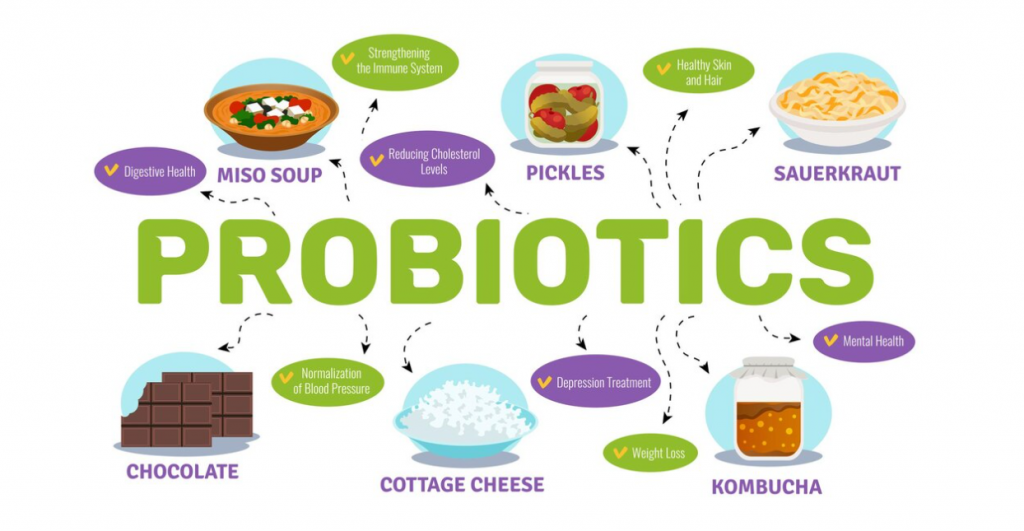
Medications
- Ropinirole and Pramipexole: These medications can help neural receptors use dopamine more effectively. Doctors may prescribe these medications to treat conditions such as Parkinson’s disease and disorders that cause unwanted movements, like restless legs syndrome.
- Levodopa: Doctors prescribe levodopa, a precursor to dopamine, to treat Parkinson’s disease and related movement disorders by boosting dopamine production.

When thinking of increasing dopamine levels, individuals should always consult with a healthcare professional before introducing new supplements or medications. Substances altering brain chemistry can have side effects and interactions.
There was a social media trend this year about dopamine detox. Do you think that is a real thing? Should we explore it?
You might also want to read: Brain Health Habits to Improve Mental Health

